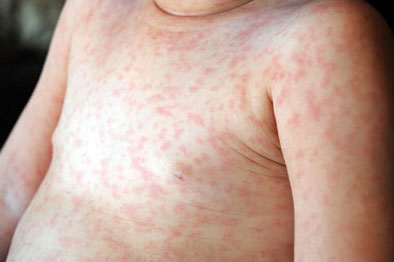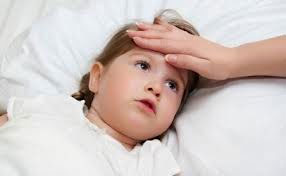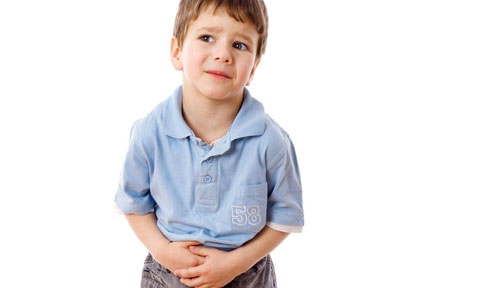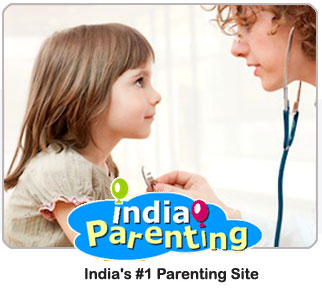German measles is a disease that is also known as rubella and it can affect children also. Let us take a look at the common symptoms of German Measles and what precautions can be taken to prevent it.German Measles is caused due to a viral infection. Red rashes start appearing on the body of the person infected with it. The infected person may also cope with swollen lymph nodes and
fever. This disease is contagious and it can spread through the cough and sneeze of the infected person. It can affect adults but is it more common in children who are between 5 to 9 years of age.
With the introduction of MMR vaccine, this disease is rarely observed. However, it still prevails in some parts of the world. Read on to find information about the symptoms and risks associated with this disorder.
What are the symptoms of German Measles?
This viral disease is not as contagious or serious as measles. The incubation period is around 17 to 18 days. It starts like a mild cold with a runny nose,
sore throat and a mild temperature. Two days later your child will break out in a rash. Initially, the spots will appear behind the ears and on the forehead before moving down the body. These spots are pale, flat, and more spread out than the ones symptomatic of measles. The rash lasts only for a few days. The glands on the back of the neck will swell up.
Do I need to take this disease seriously?
The symptoms of this disease are so mild that there is no specific treatment. The best you can do is to make sure that your child is comfortable and keep her amused. While you need not be particularly worried about the health of your child, the greatest danger of this disease is that it could result in foetal damage in a pregnant woman.
The foetus may get affected with congenial rubella syndrome if a pregnant mother gets affected with German Measles. Congenial rubella syndrome can seriously affect the development of the foetus and may cause complications like brain damage, heart abnormalities and deafness in the foetus. German Measles in pregnant women can also cause complications like miscarriage or still birth. Therefore, pregnant women must consult a doctor and get immediately treated in case if signs and symptoms of German Measles are observed.
This disease can be prevented by inoculating your child with the MMR vaccine when she is between 12 to 18 months old. This should confer lifelong immunity from the disease.
What are the causes of German Measles?
Rubella virus is mainly responsible for German measles. It is an airborne disease and it can get transferred to an individual by coming in contact with infected person. The person may get affected if he or she inhales the droplets passed by an infected person while coughing or sneezing. The person may also get infected by touching the droplets. In case if a pregnant woman gets infected with German measles, it can get transferred to her foetus which can cause complications.
How are German Measles prevented in children?
Giving MMR vaccination to children can help to prevent German Measles in them. According to the Immunization schedule prescribed by Indian Academy of Paediatrics (IAP) children are given MMR vaccine twice. The first dose is given between 12 to 18 months and the second one is given between 4 to 6 years.
MMR vaccination is a combination vaccine and provides immunity to children against diseases like
measles, mumps and
rubella.
It is extremely important to get children vaccinated against such diseases as per the schedule. To track your child’s vaccination due dates for all types of vaccinations prescribed by Indian Academy of Paediatrics (IAP), subscribe to our
Vaccination Reminder.































